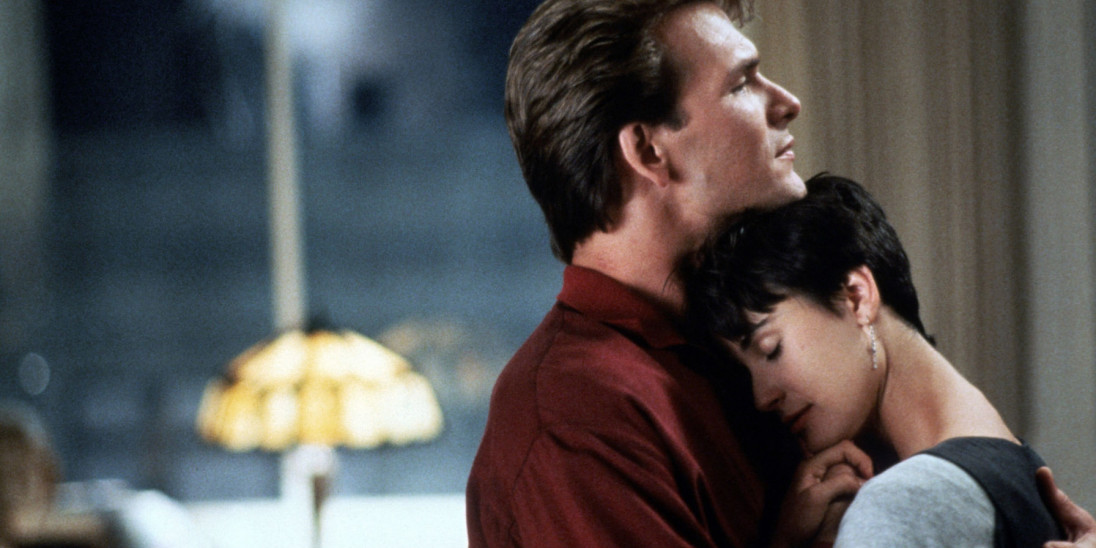Diving into the world of blockbuster cinema, we often marvel at the spectacle, the star-studded casts, and the hefty budgets that promise to transport us into realms beyond our imagination. Yet, every so often, a movie like ‘Argylle’ emerges, challenging our preconceived notions of what makes a film successful. With a staggering $200 million budget and a cast that reads like a who’s who of Hollywood, ‘Argylle’ seemed poised for greatness. Instead, it became an enigma, a cautionary tale of ambition that flew too close to the sun. How did a movie with such promise end up being labeled as ‘extremely terrible’ and a ‘massive flop’? Let’s unravel this mystery together.
Monumental budget V.S. Abysmal returns
At the heart of ‘Argylle’s’ downfall is a perplexing paradox: a monumental budget met with abysmal returns. Despite the allure of its big names and the track record of its director, Matthew Vaughn, known for his work on the Kingsmen films, ‘Argylle’ crumbled under the weight of its own expectations. The film’s rumored budget of $200 million, contrasted against its paltry $18 million in ticket sales and $35.5 million total earnings, sketches a picture of disaster. This discrepancy begs the question: where did it all go wrong?
One might speculate that the funding, rather than enhancing the film’s quality, was perhaps misallocated. The allure of a ‘big, famous/popular cast’ and the high production values might have overshadowed the essential elements of directing and writing. It’s not uncommon for substantial budgets to be poured into CGI, action sequences, and securing high-profile talent, sometimes at the expense of a coherent and compelling narrative. ‘Argylle’s’ ambition might have been its Achilles’ heel, with resources possibly diverted away from the crux of any successful film: its story.
Adding to the intrigue, ‘Argylle’ was helmed by a director with a commendable portfolio. Matthew Vaughn, who has carved a niche for himself with films that blend action with a unique style, faced an unexpected misstep with ‘Argylle’. Considering his previous successes, particularly with the Kingsmen series, it’s baffling how ‘Argylle’ missed the mark so profoundly. This discrepancy highlights the unpredictable nature of filmmaking, where past achievements guarantee nothing about future endeavors.

Marketing strategy and timing
The film’s marketing strategy and its timing also played pivotal roles in its underperformance. ‘Argylle’ was released during a period traditionally known as a graveyard slot for movies, further exacerbated by its daring yet puzzling marketing campaign. Attempting to intrigue audiences with the promise of a secret twist, the film may have instead alienated potential viewers. This approach, coupled with the film’s novel property status and unfamiliar storyline, presented significant barriers to audience engagement.
Critics were quick to point out the film’s flaws, with early reviews painting a grim picture. Complaints ranged from an over-long plot and predictability to lackluster CGI and action scenes. With a dismal 35% score on Rotten Tomatoes from critics, ‘Argylle’ struggled to find its footing. Despite a more favorable audience score, the damage had been done. The film’s narrative, which aimed to be both fresh and exciting, instead treaded the well-worn path of classic spy thrillers, failing to carve out its unique identity.
‘Argylle’s’ marketing strategy, aiming to intrigue with the promise of a secret twist, may have inadvertently distanced potential viewers. Movie marketing is a delicate balance between generating intrigue and providing clarity, and in ‘Argylle’s’ case, the pendulum might have swung too far towards ambiguity, confusing rather than enticing the audience. When coupled with the film’s release in what’s traditionally known as a challenging period for cinema, it’s clear that timing and promotional strategy played significant roles in its demise.
‘Argylle’s’ journey from anticipated blockbuster to box office bomb is a multifaceted tale of misjudgments, from its allocation of budget to its marketing and timing. This case serves as a stark reminder of the unpredictable alchemy that is filmmaking, where not all that glitters is gold, and even the most promising projects can falter.
There’s always a certain level of excitement mixed with trepidation when a film like ‘Argylle’ is announced. A high budget, a star-studded cast, and a director with a proven track record seem like the perfect recipe for success. However, as we delve deeper into the behind-the-scenes decisions and external factors contributing to ‘Argylle’s’ unfortunate collapse, a clearer picture emerges, revealing a series of missteps and miscalculations.

Big, famous, popular cast
Considering ‘Argylle’s’ hefty budget of $200 million, one cannot help but wonder about the allocation of funds. High-profile casts and cutting-edge CGI can skyrocket production costs, yet they do not guarantee a compelling storyline or directorial finesse. It appears that ‘Argylle’ might have fallen into the trap of prioritizing style over substance, focusing heavily on assembling a ‘big, famous/popular cast’ and possibly neglecting the core elements that make a movie resonate with audiences – a gripping plot and strong direction. This emphasizes the critical mistake of equating financial investment in visible, glamorous aspects of filmmaking with quality, overlooking the essence of storytelling.
The involvement of Matthew Vaughn, known for his distinctive, action-packed cinematic style, adds another layer of intrigue to the puzzle. Vaughn’s previous success with the Kingsmen franchise set high expectations for ‘Argylle,’ projecting an aura of assured success. However, the underwhelming performance of his prior film, ‘The King’s Man,’ coupled with ‘Argylle’s’ stark deviation from audience expectations, suggests that past success doesn’t always translate into future victories. It raises questions about whether directors, even those as talented as Vaughn, can sometimes be blinded by their previous achievements, leading to overconfidence in projects that may not align with their strengths or audience desires.
The critical reception of ‘Argylle’ further complicates its narrative, with early reviews casting a long shadow over its potential success. Garnering a dismal 35% on Rotten Tomatoes from critics, the film’s aspiration to carve a unique identity within the spy thriller genre faltered amidst complaints of an overlong plot, predictability, and lackluster CGI and action sequences. This critical backlash underscores the importance of a well-crafted narrative and the challenge of innovating within a well-trodden genre without alienating viewers.

Premise and runtime
‘Argylle’s’ premise and runtime also contributed to its downfall. The film’s quirky, out-of-the-ordinary nature and significant length might have deterred viewers looking for a more straightforward, concise spy thriller experience. In attempting to offer something different, ‘Argylle’ perhaps strayed too far from what audiences seek in this genre, highlighting the fine line between innovation and alienation.
The tale of ‘Argylle’s’ creation and downfall serves as a cautionary example that goes beyond its own circumstances. It highlights the complexities and dangers of the film industry, where even promising projects can fail due to a combination of poor choices and unforeseen obstacles. Reflecting on ‘Argylle’s’ journey, we are reminded of the constant unpredictability of success in cinema and the many elements that can determine a film’s fate. While ‘Argylle’ may not have reached the heights it aspired to, its story can offer valuable lessons for filmmakers and studios, stressing the importance of harmony, coherence, and, most importantly, a captivating narrative in cinematic ventures.
Related posts:
8 Reasons Argylle Bombed At The Box Office: Breaking Down Henry Cavill’s New $200M Disappointment
‘Argylle’ Has a Big Secret: It’s a Stunningly Bad Movie
Critics and Audiences Hate ‘Argylle’ — World of Reel





